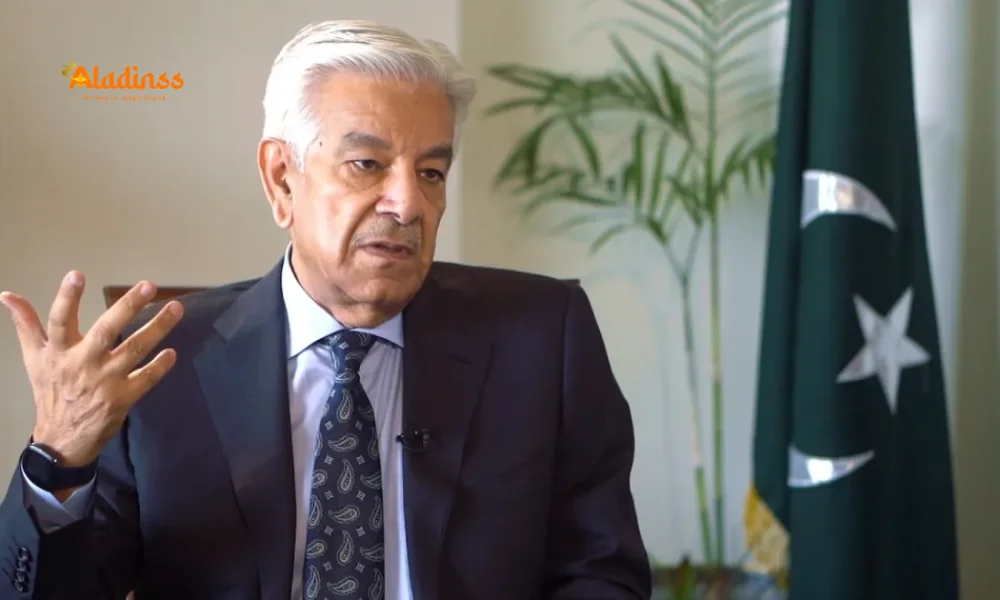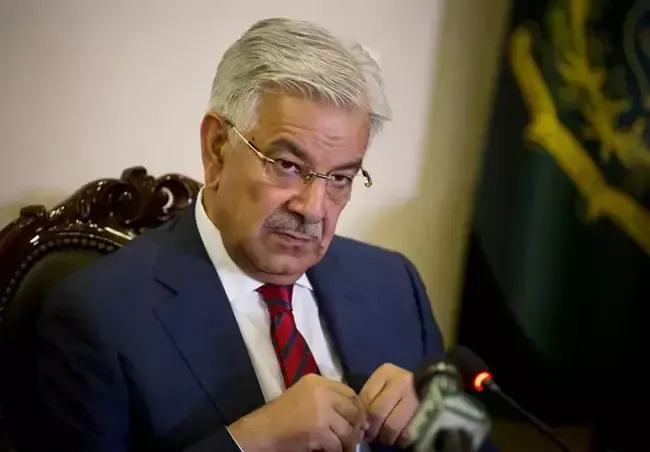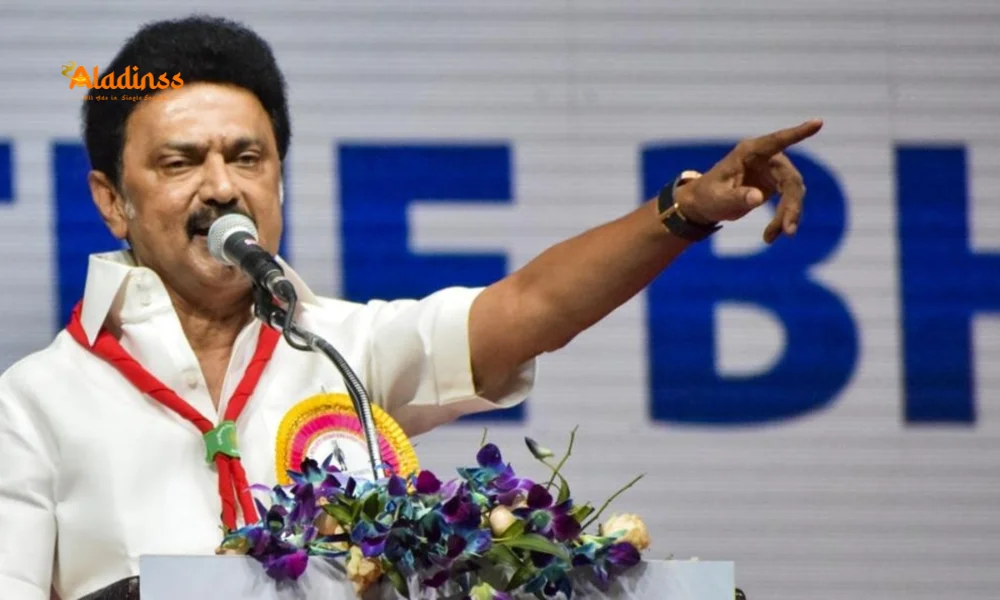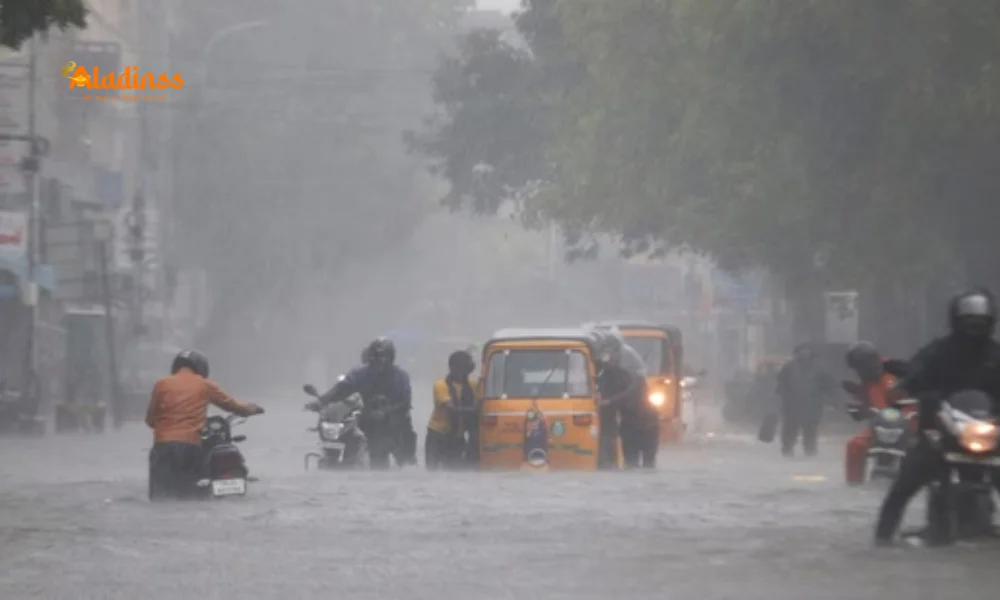Pakistan: Afghanistan Fights India's Proxy War

Pakistan Alleges Afghanistan's Taliban Backed by India in Proxy War as Ceasefire Takes Hold
Pakistan's Defence Minister Khawaja Asif has sharply accused the Taliban-led government in Afghanistan of waging a proxy war on behalf of India, claiming key decisions are orchestrated from New Delhi rather than Kabul. This provocative statement comes just as a fragile 48-hour Pakistan Afghanistan ceasefire went into effect on October 15, 2025, following a week of deadly cross-border clashes that claimed dozens of lives. Asif's remarks cast immediate shadows over the truce, raising fears of renewed violence along the contentious Durand Line.
The minister specifically pointed to the recent visit by Taliban Foreign Minister Amir Khan Muttaqi to India, labeling it a covert plotting session amid official trade discussions. As tensions simmer between Pakistan and Afghanistan, these allegations highlight deepening geopolitical rifts, with India accused of exploiting the instability to undermine Islamabad's security. The ceasefire, while a brief respite, underscores the volatile dynamics at play in South Asia's border regions.
Both nations have traded blame for harboring militants, with Pakistan pointing fingers at the Tehreek-e-Taliban Pakistan (TTP) sheltered in Afghan territory, and Kabul retaliating by accusing Islamabad of supporting the Islamic State Khorasan Province (IS-K). Asif's intervention adds a new layer, portraying the Taliban as mere pawns in an India proxy war Afghanistan scenario that could escalate regional conflicts.

Khawaja Asif's Explosive Claims on Taliban-India Nexus
In a heated address to the media on October 16, 2025, Khawaja Asif declared that the Taliban regime is "sponsored from Delhi," implying that Afghanistan's aggressive border actions are dictated by Indian interests. He expressed skepticism about the ceasefire's longevity, warning that without addressing these external influences, dialogue would remain futile. Asif's rhetoric echoes longstanding Pakistani grievances, where India is seen as fueling instability through Afghan proxies to divert attention from the Kashmir dispute.
The minister zeroed in on Muttaqi's six-day trip to New Delhi, which concluded just days before the clashes intensified. Officially, the visit focused on enhancing bilateral trade, humanitarian aid, and regional connectivity—milestones in India's cautious outreach to the Taliban since their 2021 takeover. However, Asif alleged "plans" were hatched during these meetings to orchestrate attacks on Pakistani positions, framing it as part of a broader India proxy war Afghanistan strategy.
This isn't the first time Islamabad has leveled such charges. Historical precedents include accusations of Indian consulates in Afghanistan serving as hubs for anti-Pakistan activities, a narrative Pakistan has pushed since the early 2000s. Asif's timely outburst, amid the fresh truce, aims to rally domestic support and pressure international mediators to scrutinize India's role in the fraying Pakistan Afghanistan relations.
Details of the 48-Hour Ceasefire and Immediate Aftermath
The Pakistan Afghanistan ceasefire activated at 6 PM Islamabad time on Wednesday, October 15, 2025, providing a much-needed pause after relentless exchanges of artillery and small-arms fire. Both sides reported over 50 casualties, including soldiers and civilians, in the preceding days, with key border crossings like Torkham and Chaman sealed shut, crippling trade worth millions.
Pakistan's Foreign Ministry hailed the agreement as a step toward "constructive dialogue," committing to explore resolutions for the "complex but resolvable issue." In contrast, Taliban spokesperson Zabihullah Mujahid in Kabul emphasized that Afghan forces would honor the truce only "unless violated," a conditional stance that fueled Asif's doubts. Early reports indicate sporadic gunfire persisted into the night, testing the armistice's fragility.
The truce's genesis traces to backchannel talks brokered by neutral parties, possibly involving China or the UAE, amid fears of broader spillover. Traders and locals along the 2,640-km Durand Line— a colonial-era boundary rejected by Kabul—urge sustained de-escalation, as the closures have stranded thousands and halted vital supplies. As the 48 hours tick down, all eyes are on whether this leads to formal negotiations or dissolves into renewed hostilities.
- Activation time: 6 PM IST, October 15, 2025.
- Duration: 48 hours, extendable via dialogue.
- Casualties reported: Over 50 combined, per official tallies.
- Border impact: Key crossings closed, trade halted.
Backdrop of Escalating Border Clashes and Mutual Accusations
The latest flare-up erupted on October 8, 2025, when Pakistani airstrikes targeted a suspected TTP hideout in eastern Afghanistan, killing at least 12 and prompting Taliban reprisals. Afghan forces shelled Pakistani outposts in Khyber Pakhtunkhwa, leading to a cycle of escalation that drew in heavy weaponry and civilian evacuations. This marks the deadliest episode since the 2024-2025 Afghanistan Pakistan clashes series began, exacerbated by the Taliban's consolidation of power.
Pakistan maintains that Kabul harbors TTP militants responsible for a surge in domestic attacks, with over 800 Pakistani security personnel killed since 2022. In retaliation, Afghanistan accuses Islamabad of covertly aiding IS-K, whose bombings have plagued Taliban rule. These cross-accusations have transformed the porous border into a tinderbox, with the Durand Line serving as a flashpoint for unresolved territorial claims dating back to 1893.
International observers, including the UN, have called for restraint, noting the humanitarian toll on Pashtun communities straddling the divide. Economic fallout is stark: Bilateral trade, once exceeding $2 billion annually, has plummeted, affecting livelihoods in border provinces like Kandahar and Balochistan.
Significance of Taliban Foreign Minister's India Visit
Amir Khan Muttaqi's landmark trip to India from October 8-13, 2025, was the highest-level Taliban engagement with New Delhi since August 2021. Framed around trade corridors and aid, it included discussions on wheat shipments and infrastructure under the Chabahar port project. Yet, the visit wasn't without controversy: Muttaqi faced pointed questions from Indian women journalists on gender policies, a rare public grilling for a Taliban official.
India's overtures reflect a pragmatic shift, balancing non-recognition of the Taliban with strategic interests to counter Pakistan's influence. Investments in Afghan mining and connectivity aim to secure Central Asian access, bypassing Pakistani routes. Asif's allegations, however, portray this as duplicitous, suggesting the talks masked military coordination for the subsequent border offensive.
Analysts view the visit as a diplomatic breakthrough, potentially easing India's isolation of the Taliban while testing Pakistan's narrative of an India proxy war Afghanistan. Outcomes include pledges for $100 million in humanitarian aid, but skeptics warn it could inflame Islamabad-Kabul ties further.
Geopolitical Ramifications and Path Forward
Asif's accusations inject India into the Pakistan Afghanistan ceasefire equation, risking a trilateral standoff. Beijing, with stakes in the China-Pakistan Economic Corridor, may mediate, while Washington urges de-escalation to stabilize post-withdrawal Afghanistan. The proxy war claims revive Cold War-era suspicions, where superpowers vied through Afghan proxies.
For the Taliban, navigating India ties offers economic lifelines amid sanctions, but alienates Pakistan, a historical backer. Islamabad, facing internal militancy, seeks border fencing completion by 2026, yet faces Afghan rejection. Regional forums like the Shanghai Cooperation Organisation could host talks, emphasizing confidence-building over blame.
Looking ahead, the ceasefire's extension hinges on addressing root causes: Militant sanctuaries, trade revival, and boundary disputes. Failure risks a proxy war escalation, drawing in global powers and prolonging South Asian instability. As Asif noted, true peace demands transparency, not Delhi-directed machinations.
In essence, this episode encapsulates the intricate web of alliances and animosities defining the region. With the truce holding tenuously, stakeholders must prioritize dialogue to avert a wider conflagration, ensuring the Durand Line becomes a bridge rather than a battleground.
Comment / Reply From
No comments yet. Be the first to comment!











